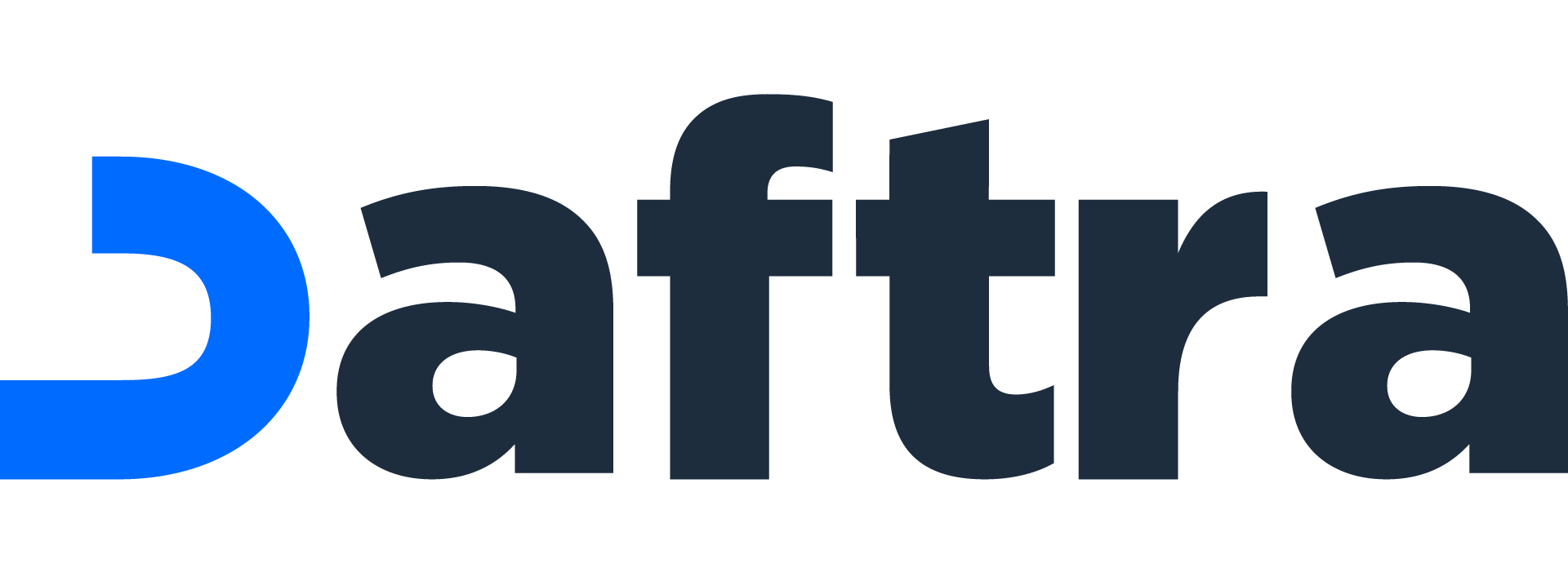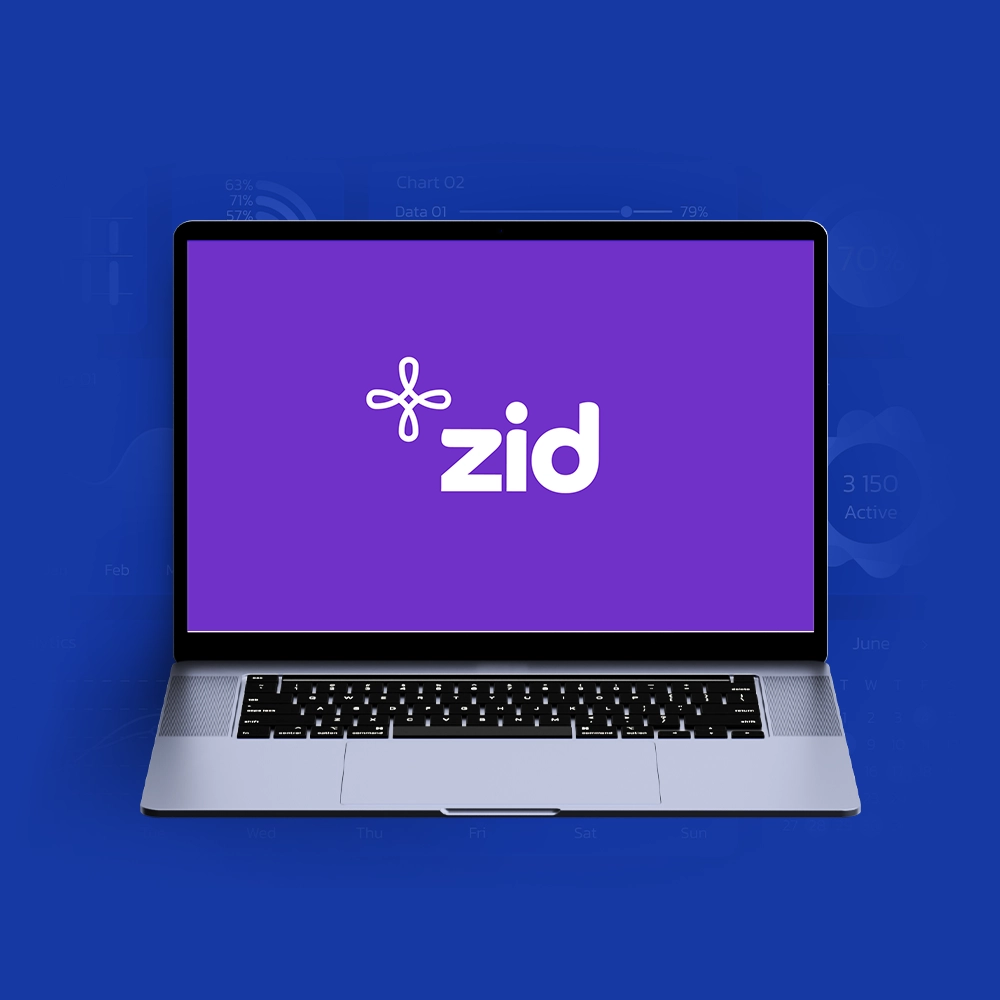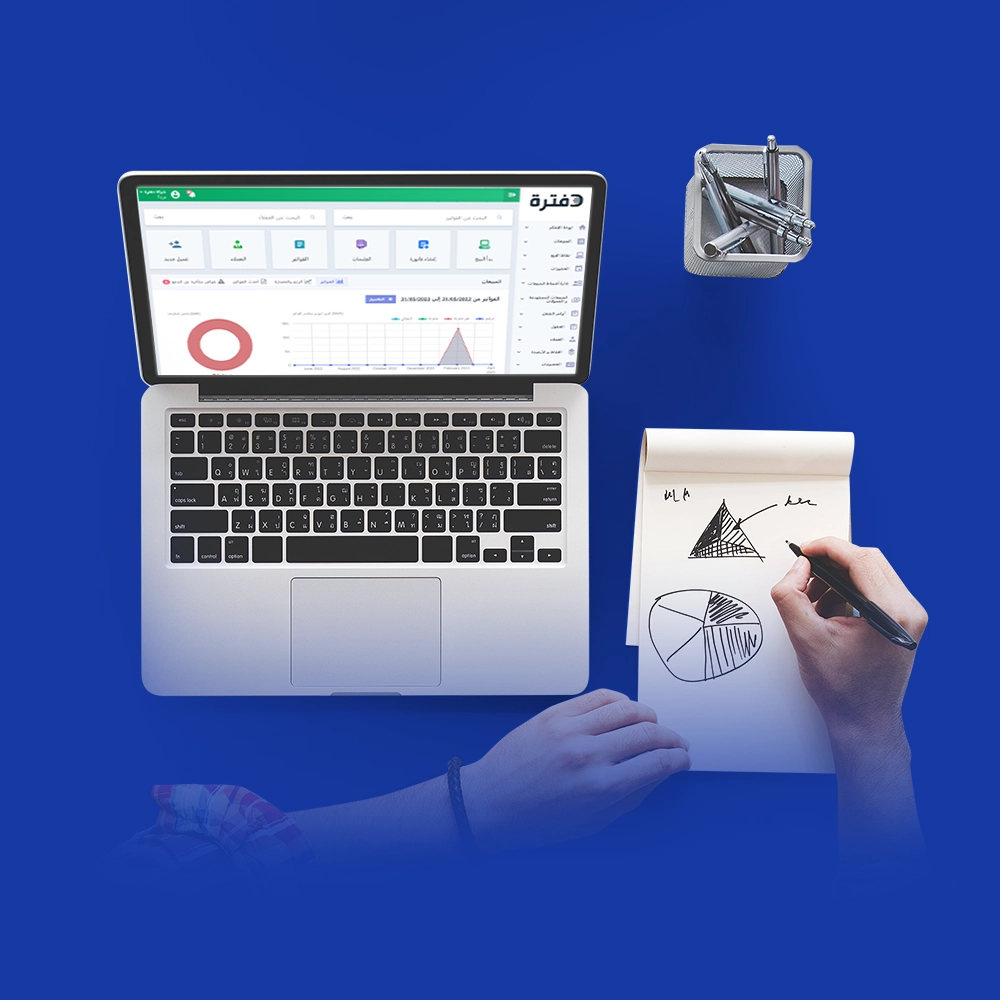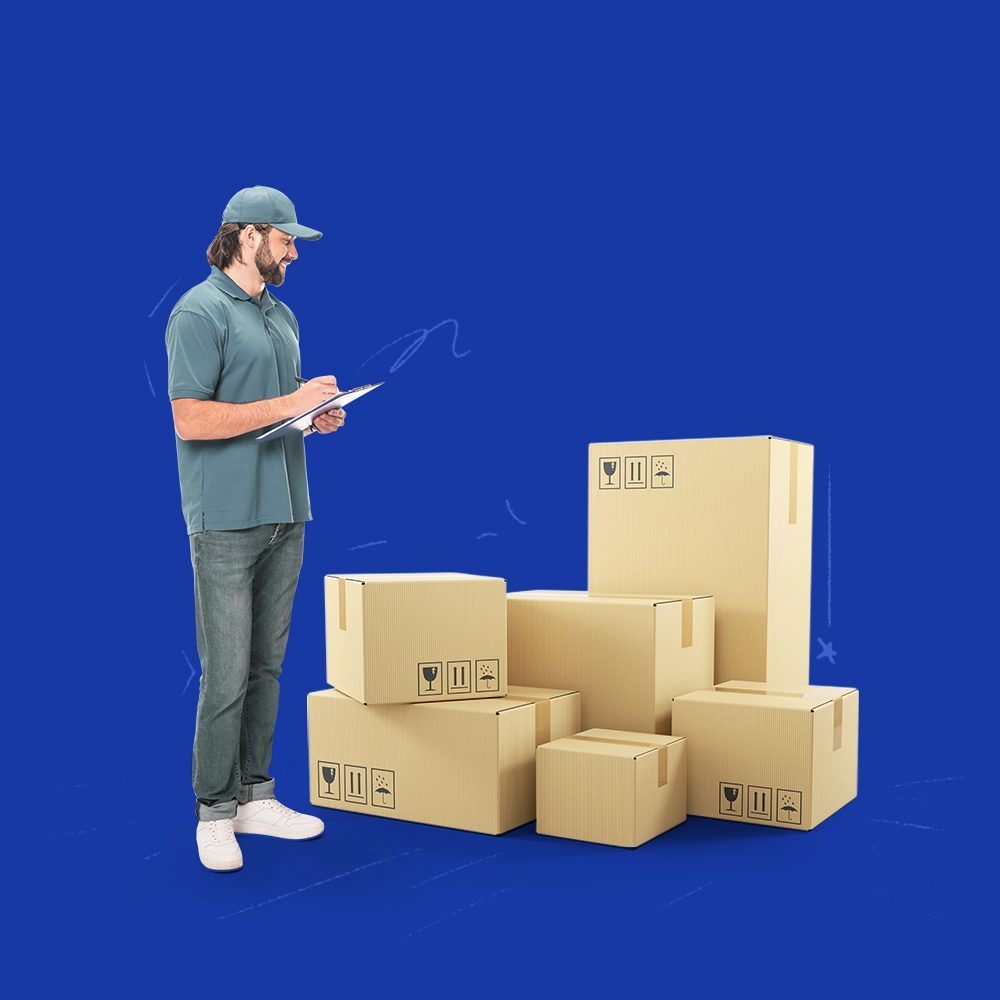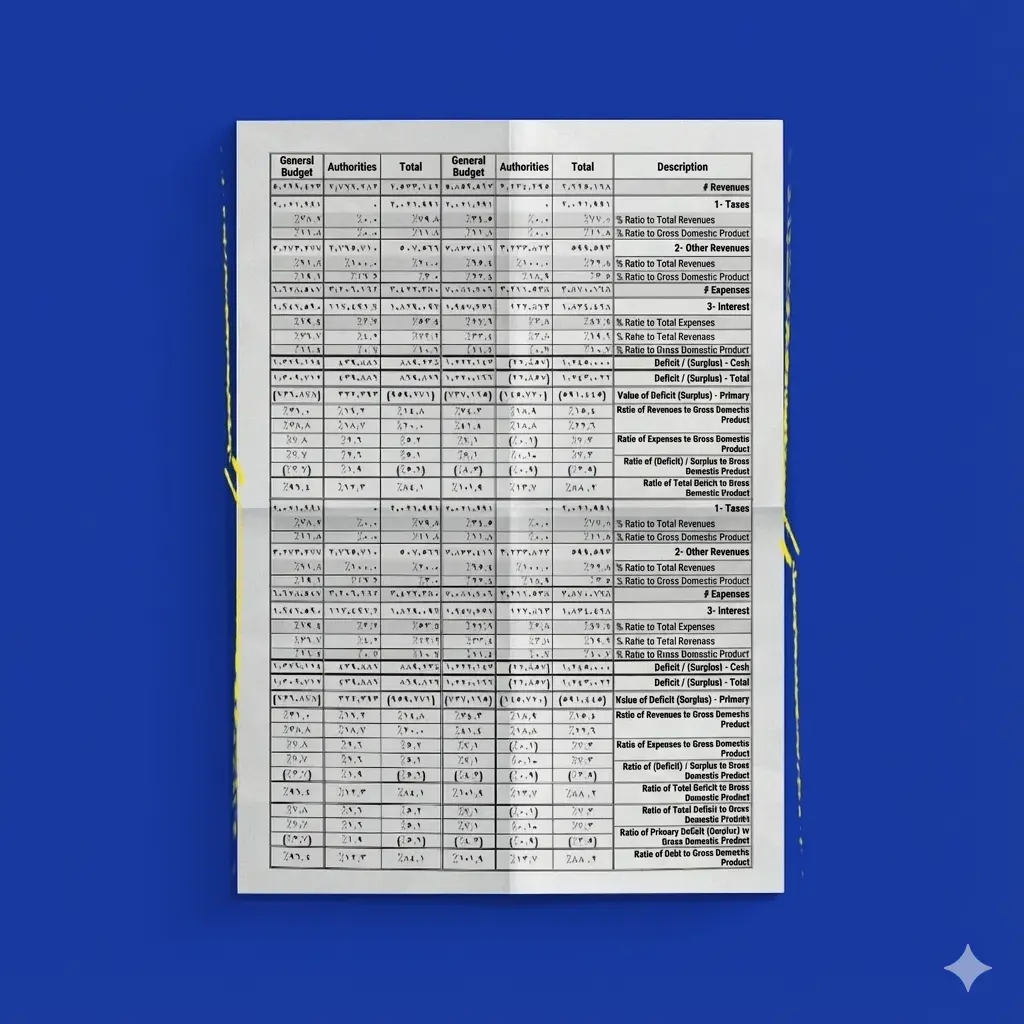What is Cloud Accounting and Why Are Companies Racing to Implement It?
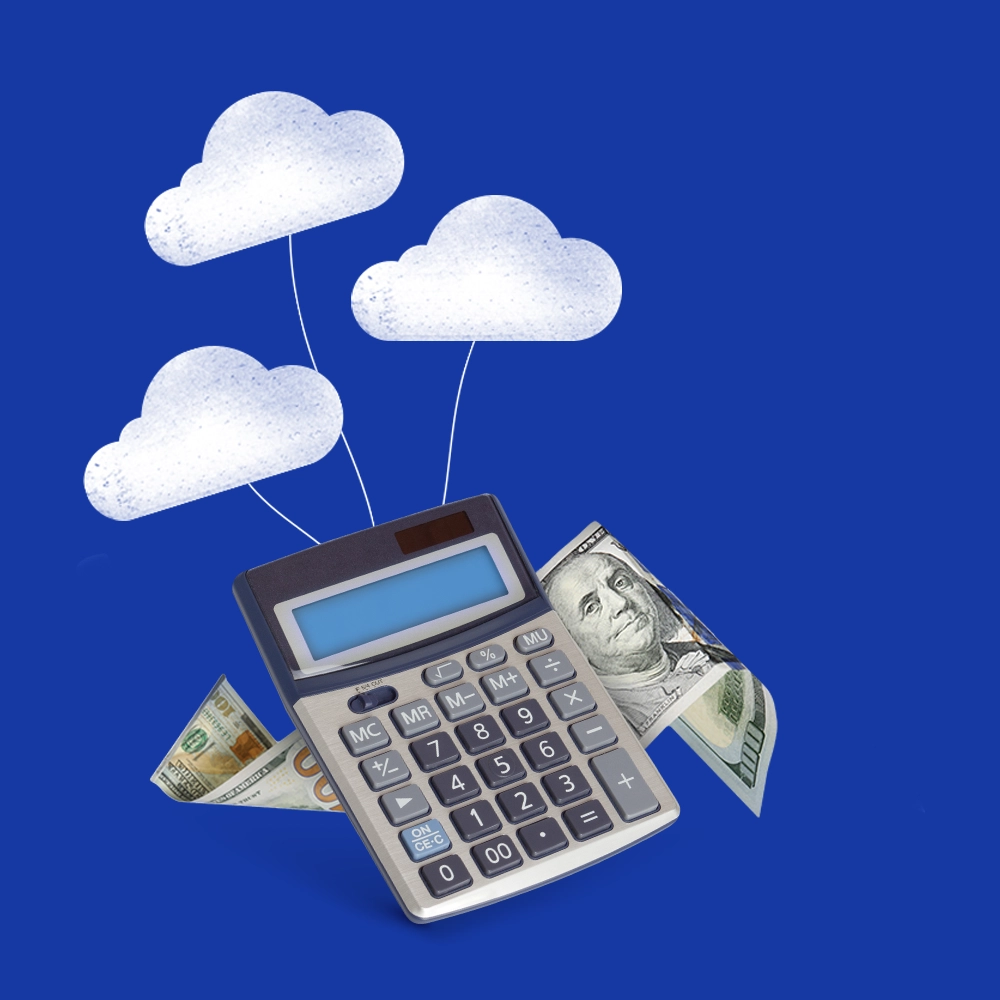
Table of contents:
- Summary of Key Points
- What is the Concept of Cloud Accounting?
- What is the Importance of Cloud Accounting?
- What are the Most Important Benefits of Cloud Accounting?
- What is the Difference Between Cloud Accounting and Traditional Accounting?
- What are the Reasons that Drive Companies to Implement Cloud Accounting Systems?
- What are the Risks of Cloud Accounting?
- How Does Cloud Computing Affect Accounting?
- What is the Best Cloud Accounting Software in the Arab World?
- Frequently Asked Questions
We are witnessing a recent boom in communication and information technology, whose effects have extended to all aspects of life. Communication and information technology are considered important elements in any competitive environment. Therefore, institutions and companies must continually strive for improvement, embracing both intellectual and technological advancements alongside material changes.
As a result, many companies and institutions have rushed to rely on information technology to keep pace with the era of digital transformation. Among these technologies that have been adopted in accounting fields is "cloud accounting" technology. Cloud accounting is very similar to electronic accounting, except that it relies more on cloud storage and does not depend only on software linked to your device's storage space. It is characterized by ease, efficiency, and scalability, which positively affect accounting operations systems.
Summary of Key Points
- Cloud accounting is one of the types of accounting that uses information technology to accomplish accounting processes and store any amount of data to access it through a web browser hosted on the internet.
- The benefits of cloud accounting include saving the cost of installing accounting software and systems, automatic system updates and ensuring work quality, the ability to connect with bank accounts and multiple branches of the enterprise, breaking geographical boundaries and compatibility with all accounting standards, financial planning and flexibility and expansion, supporting the principle of centralization and reducing the likelihood of human errors, and compliance with tax requirements.
- The main differences between traditional accounting and cloud accounting are represented in the speed of accessing information at any time and from anywhere via internet networks, secure storage of unlimited amounts of financial data, and the reduction of manual errors resulting from traditional accounting work.
- Despite the benefits of cloud accounting, it has some risks that must be addressed with smart solutions. Among the most prominent of these risks are the closure of cloud accounting service providers, the use of weak or unsecured Application Programming Interface (API), the possibility of data breaches or unauthorized access, and the occasional breakdown of cloud accounting systems due to technical problems and malfunctions.
What is the Concept of Cloud Accounting?
Cloud accounting can be defined as an accounting system that processes financial accounting operations and other types of accounting through the internet, rather than using paper ledgers or computers.
These accounting operations and data can be accessed at any time and through any device, anywhere in the world. This process is carried out through cloud accounting software such as the Daftra program, which allows you to manage all your accounting operations remotely and easily. It also provides you with tools for managing finances and inventory, offers detailed reports, and facilitates many other tasks that are performed electronically via the internet.
The term "cloud accounting" describes the use of information technology that relies on hosting accounting processes and computer storage spaces, which is what is known as "the cloud," so that they can be accessed through the user's web browser.
What is the Importance of Cloud Accounting?
Accounting systems contribute to the decision-making process, as they provide those in charge of institutions and various departments with the necessary information to prepare reports and make necessary decisions. Here comes the role of cloud accounting, which helps increase productivity and work periods, ensures the accuracy of entering various data, and many other things. Here is the importance of cloud accounting in detail:
1- Increasing Work Speed
Cloud accounting helps accelerate business and administrative procedures through the speed of data and information transfer, alongside relying on its own security procedures that help maintain data confidentiality and prevent breaches.
2- Helping in Decision-Making
Cloud accounting also helps speed up decision-making and increases productivity, which contributes to increased productivity at work.
3- Saving Time, Effort, and Money
Cloud accounting helps save a lot of time and effort, where it is possible to access all files and accounting operations, as previously mentioned, at any time and from anywhere, and through any device.
4- Providing Backup Copies of Data
This technology ensures the existence of a backup copy of information and data in case of damage or loss, alongside ensuring the accuracy of entering financial data, which helps increase the credibility of reports and financial statements.
5- Ease of Use
Through it, you can activate cost accounting principles that separate each profit center easily, without needing new stacks of papers and Excel files, to enjoy a smoother and more effective accounting process.
From these points, we can extract the impact of cloud accounting on business by providing greater speed in work, helping to reduce effort and costs, and helping to provide backup and secure copies of the company's data and information.
What are the Most Important Benefits of Cloud Accounting?
Many experts point out that cloud accounting is no longer a luxury or indulgence, but has become an important necessity for all companies and institutions, as it is a reflection of the era of digital transformation and information technology.
It can be said that all operating systems in all sectors and fields will move towards cloud systems, and it is expected to be implemented in all companies and institutions, and will even be taught to all students in universities to become equivalent to the basic fundamentals of curricula and definitions.
Cloud accounting now must be included in the definition that answers "what is accounting?" Below are the most prominent advantages and benefits of cloud accounting:
1- Saving the Cost of Installing Accounting Software and Systems
Electronic accounting services can be used without the need to install any programs or systems in the company and institution's information technology infrastructure, in addition to saving many material costs.
2- Automatic System Updates and Ensuring Work Quality
Ensuring the quality and efficiency of the service on a permanent basis, as it is one of the specialties of companies providing cloud accounting services to ensure the quality and efficiency of the service provided. This service also always ensures working according to the latest versions of the cloud system.
3- Ability to Connect with Bank Accounts and Multiple Branches of the Enterprise
The ability to connect the bank account with the cloud accounting service account, which helps facilitate payment processes and service subscription, alongside the ability to connect the company and institution's branches to each other through the cloud accounting system.
| The most popular system that provides this service is the Daftra system, which gives you many payment options and the ability to easily connect various accounts through it. |
4- Breaking Geographical Boundaries and Compliance with All Accounting Standards
It helps employees work from anywhere in the world, regardless of geographical boundaries, and assists you in applying all accounting standards, even uncommon ones such as Islamic accounting standards.
Cloud accounting technology also helps institutions and companies prepare reports that comply with international financial reporting standards and specifications, as it provides financial data characterized by accuracy, comprehensiveness, and comparability.
5- Financial Planning, Flexibility, and Expansion
Cloud accounting contributes to meeting business requirements due to its ability to expand and its extreme flexibility, where the system can be customized according to work requirements and needs. Through cloud computing applications, you can also predict and reduce future operational expenses.
6- Supporting the Principle of Centralization and Reducing the Likelihood of Human Errors
With the implementation of cloud accounting, the institution does not need many employees, as it supports the principle of centralization. It also contributes to reducing the chances of errors resulting from the human element, which contributes to the accuracy of data and financial statements, protecting them from damage and breaches, and limiting manipulation and fraud resulting from the use of creative accounting.
7- Compliance with Tax Requirements
Easy automation of cloud accounting systems by determining the tax rates due on each product based on the types of taxes imposed on it, without the need to remember the tax imposed on each product every time you write an invoice.
| Through the Daftra system, you can easily set your taxes and automatically add them from the program to the price of products and services, and print them on invoices permanently. You can also use the free tax calculator to find out the tax percentage on any value or amount - just enter the amount and tax value, and the calculator will automatically calculate the tax value. |
What is the Difference Between Cloud Accounting and Traditional Accounting?
There are significant differences between cloud accounting and traditional accounting. Cloud accounting helps in accessing data easily, and it is characterized by great flexibility and provides backup copies of data, which ensures greater security. Additionally, cloud accounting has great speed in data sharing, and its cost is much lower.
On the other hand, one of the accounting methods that has existed for years is traditional accounting, but it differs in that it is fixed on the computer, and this makes the data linked to this device. Some people prefer it because it is not connected to the internet, and this makes it always available, but it threatens to lose existing data if any damage occurs to the device, in addition to its high cost.
The following is an illustrative comparison of the most prominent differences between cloud accounting and traditional accounting, or what is called manual accounting, in detail:
| Comparison Aspect | Cloud Accounting | Traditional Accounting |
| Access to Information and Data | Cloud accounting facilitates permanent access to the network, information, and data through any device and at any time via the internet. | Traditional accounting includes accounting systems and programs that process accounting operations through computers, where this program is installed on the hard disk in specific computers that contain all the company's financial information and data, which makes it difficult to access financial information except through specific devices. |
| User Opinions | Others see that cloud accounting systems are characterized by their ability to increase production and work due to their extreme flexibility and ability to change according to circumstances and variables, while considering organizational and future aspects related to management accounting, alongside easy access to data and information by all team members. | Some believe that traditional accounting programs are sometimes relatively better because of their connection to a large server, unlike cloud accounting programs that connect to the internet, which may lose connection. |
| Backup Feature | Cloud accounting is characterized by having backup copies of data and information, which maintains the confidentiality and security of information in case of device damage. | Any damage and defects that affect the device may impact the information stored inside it, making it difficult to retain information or refer to it again. |
| Speed of Sharing Financial Information | Cloud accounting is characterized by speed in sharing information and data, and it reduces the chances of human errors. | Dealing with traditional accounting methods requires manual data sharing and entry, which requires significant time and effort and increases the likelihood of human errors. |
| Cost and Work Quality | Cloud accounting is characterized by low costs, and cloud accounting system companies provide maintenance services and quality and efficiency monitoring for free and periodically. | Dealing with traditional accounting methods requires expensive costs for installing and setting up devices, and restricts work to specific devices only, and does not allow internet service connection, so that work can be done and accounting tasks and operations can be completed on devices efficiently and accurately. |
| Work Mechanism | Cloud accounting systems support work through any type of device, even smart or portable devices, provided they are connected to the internet. | Accounting operations are processed through the use of paper documents, ledgers, and manual accounting, and institutions may face many problems if they rely on it primarily because it is considered a waste of time, especially with some activities of a more complex nature, such as construction accounting, and increases operational costs and external audit costs, alongside frequent errors. |
What are the Reasons that Drive Companies to Implement Cloud Accounting Systems?
Experts point out that cloud accounting will revolutionize the accounting profession and the nature of work for many companies, non-profit organizations, and even those subject to government accounting.
Companies adopt cloud accounting because it helps them prevent duplicate data entry, secure data, and achieve accurate assessments. This is in addition to keeping up with modern technologies, providing storage space, and saving considerable effort and time thanks to ease of use, accuracy, and multiple tools.
1- Eliminating Duplicate Data Entries
Cloud accounting is characterized by its ability to eliminate duplicate data entries and reduce the chances of errors, which helps in obtaining high-quality reports and financial statements.
2- Controlling Data Confidentiality and Security
Despite the flexibility of cloud accounting in exchanging financial information and data, it is characterized by having controls that govern the user's ability to access only specific information according to permissions and restrictions for sharing and accessing information.
3- Helping with Accurate Evaluation
It helps auditors re-evaluate accounting processes and reports, and facilitates ensuring the application of legal accounting principles.
4- Providing Innovative Developments and Technologies
It helps keep pace with competing institutions and companies by relying on the same type of technological techniques.
5- Providing Storage Space
Unlimited backup copies exist to help companies and users obtain large storage spaces.
6- Complete Maintenance
Free technical support and maintenance, alongside automatic system development and updates.
7- Energy and Cost Savings
It saves energy and electricity consumption, and is considered one of the most cost-effective systems used in accounting fields in terms of material cost.
What are the Risks of Cloud Accounting?
Despite the advantages of cloud accounting, there are some obstacles that result in risks and undesirable consequences. The following are the most prominent obstacles of cloud accounting, with solutions for how to control them:
1- Closure of Cloud Accounting Service Provider
This prevents customers from storing, extracting, or transferring data from the site.
2- Increase in Service Provider Fees
This imposes a temporary ban on customers from accessing their information until the new required prices are paid.
3- Using Application Programming Interface (API)
Using this interface is one of the risks of cloud accounting in terms of insecure access to data and services, especially if these applications are weak or unsecured, which exposes customers to cybersecurity threats.
4- Possibility of Data Breaches
Unauthorized access in cloud accounting systems leads to a violation of data privacy, which requires activating some procedures such as data encryption, implementing access with limited permissions, and activating a strong two-factor authentication feature.
5- Occasional Breakdown of Cloud Accounting Systems
Due to technical problems and infrastructure failures, this results in data loss and disruption of accounting work. Therefore, it is necessary to always ensure the availability of emergency services from the companies responsible for these systems and ensure that backup copies are maintained.
6- Compliance with Legal Requirements and Tax Requirements
This may be one of the most prominent obstacles to cloud accounting systems, as some accounting systems may not integrate with tax requirements or applicable accounting standards. Therefore, it is necessary to ensure the comprehensiveness and completeness of the system before subscribing to and dealing with it.
How Does Cloud Computing Affect Accounting?
The implementation of cloud accounting has led to achieving more impacts on various types of accounting and their comprehensive operations. Among the most prominent of these impacts:
1- Reducing the Paid Capital Cost
In exchange for installing accounting applications and software that need local servers to be installed, through implementing the use of cloud computing, it has become easy to access these applications through internet networks and pay fees according to usage in what is known as "subscription packages."
2- The Impact of Using Cloud Accounting on the Flexibility of Various Accounting Operations
By allowing the adaptation of resources, storage, and structuring of accounting applications according to business needs, cloud accounting helps provide greater flexibility regarding various accounting operations.
3- Facilitating Accountants' Work
Through the ability to work remotely using cloud accounting systems, as well as receiving updates and version improvements automatically without the need to install additional software.
4- Integration of Cloud Accounting Systems with Other Accounting Applications
For example, accounting data can be linked with customer relationship management systems, inventory management systems, and others, which improves cooperation and collaboration between departments in the organization.
5- The Ability to Review Data
Through analyzing data with greater efficiency and accuracy by external auditors via cloud accounting systems and programs.
6- Cloud Accounting Applications Have Significantly Impacted Cost Accounting
Through recording, tracking, classifying, and analyzing costs with advanced and accurate methods, as well as performance monitoring, which helps entities responsible for cost management identify strengths and weaknesses and improve operational efficiency.
7- Providing Access to Accounting Documents and Records
Cloud accounting facilitates the review of documents and records easily through cloud-based systems, thereby increasing the efficiency of the external audit process for certified public accountants.
8- Preparing Financial Reports
Using cloud accounting applications to prepare government financial reports in a unified and integrated manner, and improving transparency and monitoring through accessing data at any time.
What is the Best Cloud Accounting Software in the Arab World?
1- Daftra
In the race of digital transformation and the crowding of solutions, not all choices are equal, nor do they all meet your needs as they should. Daftra's accounting software is a comprehensive cloud solution that contains different programs to manage various aspects of your company:
- It issues certified electronic reports.
- It issues certified electronic receipts.
- It contains applications that facilitate the sales process, such as point-of-sale systems that work with and without internet presence, while maintaining data on the cloud in both cases.
- Through it, you can manage human resources such as attendance, absence, and salaries.
- It regulates your accounting operations in the easiest and most accurate way.
- It is characterized by useful diversity in reports to evaluate your current position and help you reach the best place in the future.
- It helps you include taxes in invoices and comply with implementing all tax accounting operations, such as applying each type of tax that applies to you according to products, and issuing tax returns.
- Daftra is distinguished by its ability to suit different work fields, and is characterized by its ability to customize and configure, so you can reset the system to suit exactly what you want with the help of technical support.
2- QuickBooks Software
QuickBooks is one of the best cloud-based accounting software programs for managing financial and accounting operations in small to medium-sized enterprises and those with extensive commercial activities.
The program offers an intuitive interface that facilitates the easy management of financial accounts and accounting reconciliations, as well as the preparation of financial reports, including income statements and cash flow statements, with just a single click.
The program relies on cloud storage, which enables access to financial information at any time and from anywhere. It also integrates with the Shopify application to facilitate online buying and selling operations.
3- Zoho Accounting software
It is one of the integrated cloud accounting software programs that offers a comprehensive package of features for managing financial operations efficiently and accurately, including invoice management, expense tracking, payroll, and customer and supplier management. It also integrates with other applications within the same system, including Zoho CRM and Zoho Inventory.
4- Xero Software
One of the best widely-spread cloud accounting software programs for managing accounting operations and various financial transactions. All this and more is provided by the program on an easy and flexible user interface that can be customized to match different business needs.
Through it, you can manage inventory and track quantities, manage purchases and monitor costs, manage taxes, and employee accounts such as wages, salaries, bonuses, and others.
5- Phoenix Cloud
Phoenix Cloud is one of the cloud accounting software programs that ensures easy access to financial data and information in the easiest and fastest ways through the internet.
The program's most important advantage is providing daily backup copies of customer data on backup servers in two or more locations. The program's services include warehouse management, restaurants, point of sale, asset management, human resources, clinic and pharmacy management, and sales representatives.
In conclusion, it can be said that cloud computing has achieved a breakthrough in business and accounting management, and has provided individuals and companies of various sizes and activities the opportunity to access and use advanced and flexible accounting tools that help accomplish accounting tasks and operations efficiently, accurately, and quickly without the need to consume additional costs.
After presenting you with the benefits and uses of cloud accounting and its best software programs, do not hesitate to choose the cloud accounting software that suits your business needs if you are looking for an effective way to manage your financial accounts and simplify your accounting operations.
Frequently Asked Questions
What is meant by a cloud system?
A cloud system is an electronic system that brings together many services in one place and can be easily accessed from anywhere and at any time. The cloud system provides tools such as inventory, servers, various databases, and many other things that help large and small companies manage their business.
Is cloud accounting a new horizon for organizing accounting work?
Yes, cloud accounting is considered a new horizon thanks to the many features it provides in the field of accounting, which are represented in facilitating various transactions and providing tools and technologies that give companies sufficient speed in performing many operations in a short time, in addition to security and data protection.
What are the components of cloud computing?
- Infrastructure.
- Platform.
- Software.
These components provide the user with a lot of flexibility to manage their business easily and quickly.
What is the most used accounting software?
Daftra software is considered one of the most used accounting software currently, and this is because of:
- A simple user interface that helps users deal with the program easily.
- Provides detailed reports for all operations.
- Automatic services for recording operations.
- Complete management of financial transactions.
Many other services make Daftra the first choice for accounting.
What are cloud archiving systems?
Cloud archiving is an electronic system that helps archive and store various files and documents digitally and completely securely.
What does the word "cloud" mean?
The word "cloud" refers to things that depend on the internet and are completed electronically.
What are the types of cloud computing?
- Public Cloud: This is storage space provided by the service provider to many users at the same time, with each having their own storage space of the same size and same characteristics.
- Private Cloud: This is storage space with an annual or monthly subscription provided by the service provider to the user, with special distinctive features.
- Hybrid Cloud: This is storage space that combines the characteristics of both public and private clouds by allowing some files to be placed in the public cloud and others through subscription in the private cloud.
What are the most famous cloud computing applications?
- Email services, which include Gmail and Outlook applications.
- Cloud storage services: OneDrive, Google Drive, and iCloud Drive.
- Customer service management services, such as Salesforce.
- Other cloud accounting services, such as the innovative Daftra accounting application.
Disadvantages of cloud computing:
- Dependence on the internet for work may cause it to stop at any time.
- Exposure to security threats and cyber attacks requires a precise and advanced security system.
- May need some time to recover deleted data.
- It can be somewhat costly for small companies.
- Cloud computing is exposed to some technical problems that affect its operation.
What are cloud computing models?
- Software as a Service.
- Infrastructure as a Service.
- Platform as a Service.
- Function as a Service.
What is the difference between cloud accounting and cloud computing?
Cloud computing is an integrated system for providing multiple electronic services that help companies, while cloud accounting is an electronic service specialized in the field of accounting in all its details.
What are the objectives of cloud computing?
- Reducing costs for companies and commercial activities by providing accurate data and thus reducing errors and financial losses.
- Enabling continuous monitoring at any time and from anywhere.
- Supporting companies and helping them increase work efficiency.
- Raising the security level to protect existing data and information.
- Enhancing the presence of modern technologies and technology.
What are the stages of the accounting cycle?
- Identifying transactions.
- Documenting transactions.
- Posting transactions.
- Obtaining the unadjusted trial balance.
- Preparing accounting statements.
- Adjusting journal entries.
- Preparing financial statements.
- Closing accounts.
How did the idea of cloud computing emerge?
The term cloud computing appeared in 1979 when systems and information professor Chellappa Ramnath coined the term. As for the actual emergence of cloud computing, it was in 1999 from the Salesforce company.
What are the challenges of cloud computing?
- Cloud computing faces many electronic hacking attempts, and these are considered among the biggest challenges it faces.
- The existence of many regulations and laws that cloud computing tries to keep up with.
- Declining quality of cloud computing service vendors.
- Lack of sufficient experience and knowledge about this service and how to use and deal with it.
- Managing the costs that cloud computing requires in companies.
What is meant by Cloud computing?
The term Cloud computing means cloud computing.
